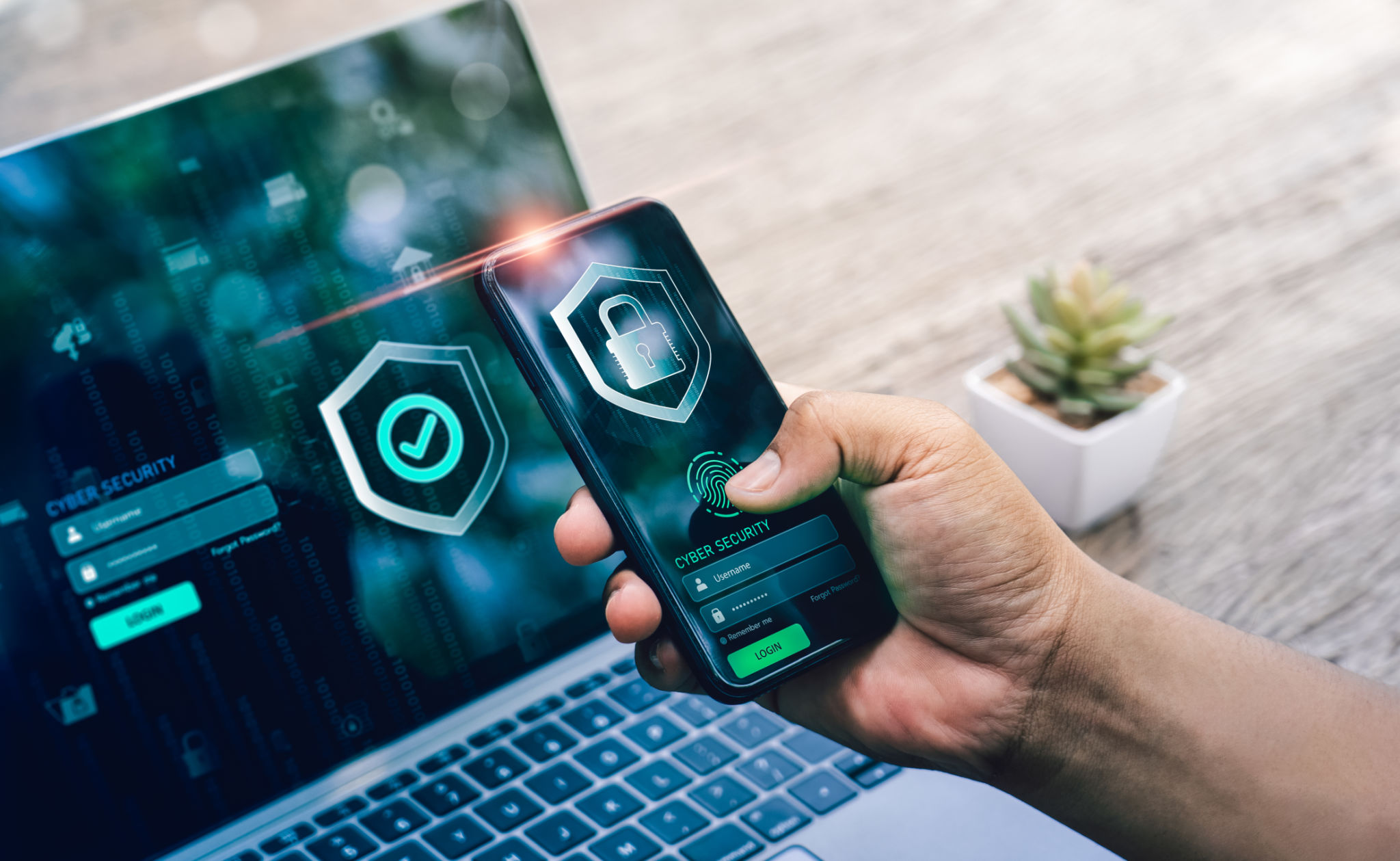Enterprise Security Solutions: How to Protect Your Data During Major Events in London
Understanding the Importance of Enterprise Security Solutions
In an era where data breaches and cyber threats are increasingly prevalent, safeguarding your organization's sensitive information is paramount. This is especially true during major events in bustling cities like London, where increased activity can amplify potential security risks. Enterprise security solutions play a crucial role in protecting your data, ensuring business continuity, and maintaining customer trust.
Major events often lead to heightened network traffic and increased exposure to cyber threats. Organizations must be proactive in implementing robust security measures to mitigate these risks. By understanding the importance of comprehensive security solutions, businesses can better prepare and respond to potential threats.

Key Strategies for Data Protection
To effectively protect your data during major events, it is essential to adopt a multi-layered approach to security. This involves implementing a combination of physical, technical, and administrative measures. Below are some key strategies that can help safeguard your organization's information:
1. Implement Strong Access Controls
Access controls are vital in ensuring that only authorized personnel have access to sensitive data. This can be achieved through the use of robust authentication methods such as multi-factor authentication (MFA) and role-based access controls (RBAC). By restricting access to critical systems and data, organizations can significantly reduce the risk of unauthorized access.

2. Employ Advanced Threat Detection Systems
Advanced threat detection systems are designed to identify and respond to potential security threats in real-time. These systems utilize machine learning algorithms and behavioral analysis to detect anomalies and alert security teams to suspicious activities. By employing such technology, organizations can quickly pinpoint and address potential threats before they escalate.
3. Conduct Regular Security Audits
Regular security audits are essential in identifying vulnerabilities within your organization's infrastructure. These audits help ensure that security protocols are up-to-date and effective in mitigating risks. Conducting thorough assessments allows businesses to address weaknesses and enhance their overall security posture proactively.

Enhancing Employee Awareness and Training
Human error remains one of the leading causes of data breaches. To combat this, organizations must invest in comprehensive employee training programs. These programs should focus on educating staff about potential threats, safe online practices, and the importance of adhering to security protocols.
Regular training sessions and workshops can reinforce the significance of cybersecurity and empower employees to recognize and report suspicious activities. By fostering a culture of security awareness, businesses can significantly reduce the risk of human-related security incidents.
The Role of Incident Response Plans
An effective incident response plan is crucial for mitigating the impact of security incidents. This plan should outline clear procedures for detecting, responding to, and recovering from cyberattacks. Key components of an incident response plan include:
- Identification: Detecting potential security incidents quickly.
- Containment: Limiting the spread of the threat.
- Eradication: Removing the threat from your systems.
- Recovery: Restoring affected systems and data.
- Lessons Learned: Analyzing the incident to prevent future occurrences.
Businesses must regularly test and update their incident response plans to ensure they remain effective in addressing evolving threats.

Conclusion
In conclusion, enterprise security solutions are integral to protecting your organization's data during major events in London. By implementing strong access controls, employing advanced threat detection systems, conducting regular audits, enhancing employee training, and developing a robust incident response plan, businesses can safeguard their information against cyber threats.
Investing in comprehensive security measures not only helps prevent data breaches but also reinforces your organization's reputation as a trustworthy entity. In today's digital landscape, prioritizing cybersecurity is not just an option—it's a necessity for sustainable success.